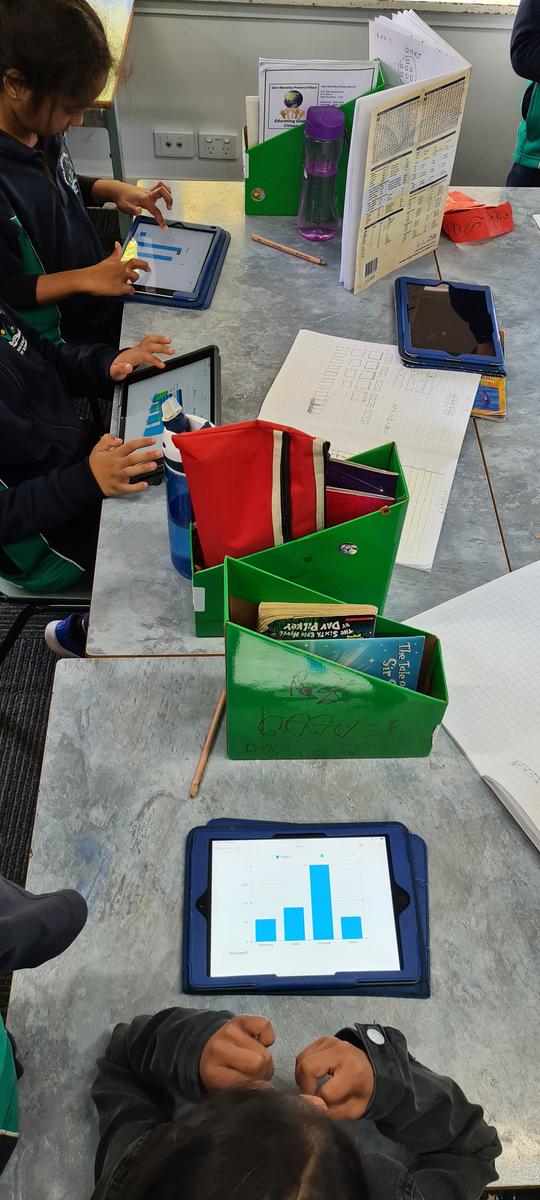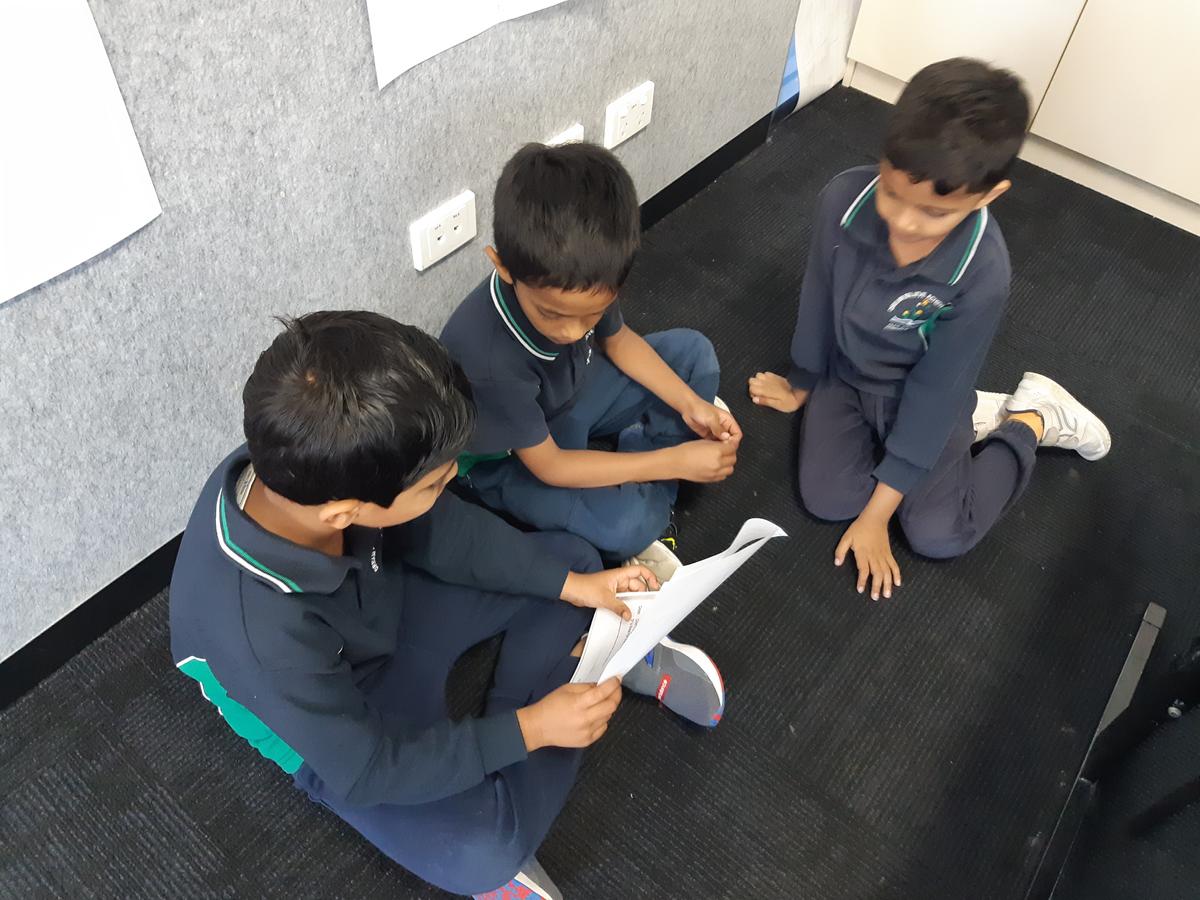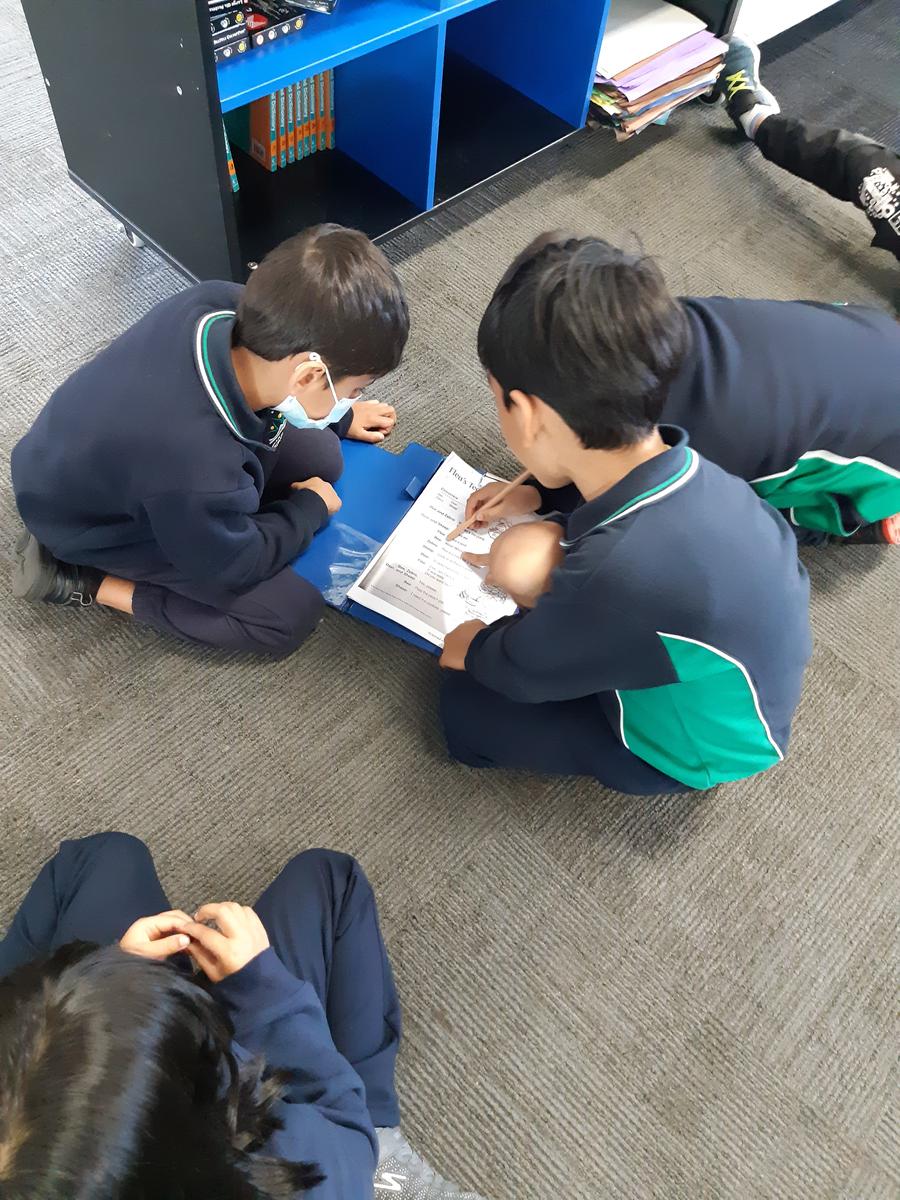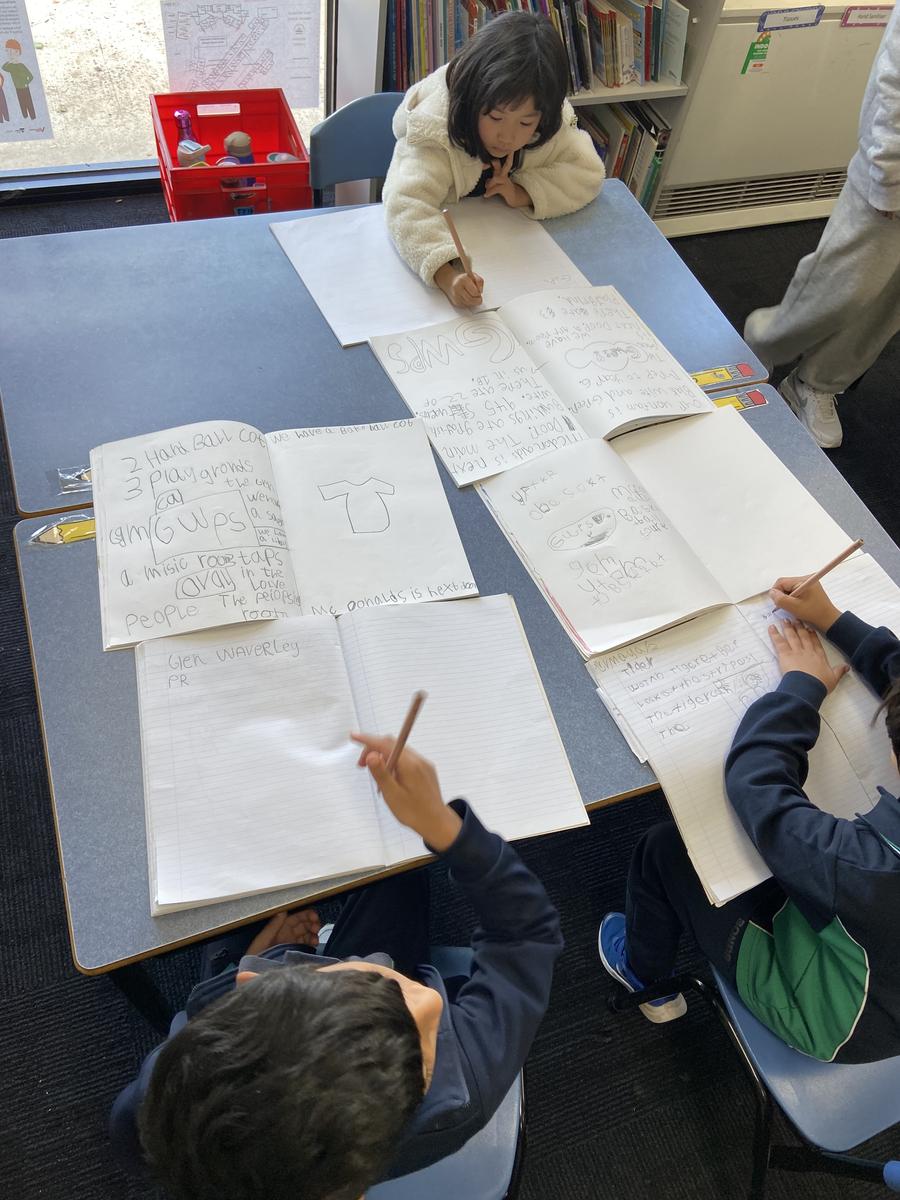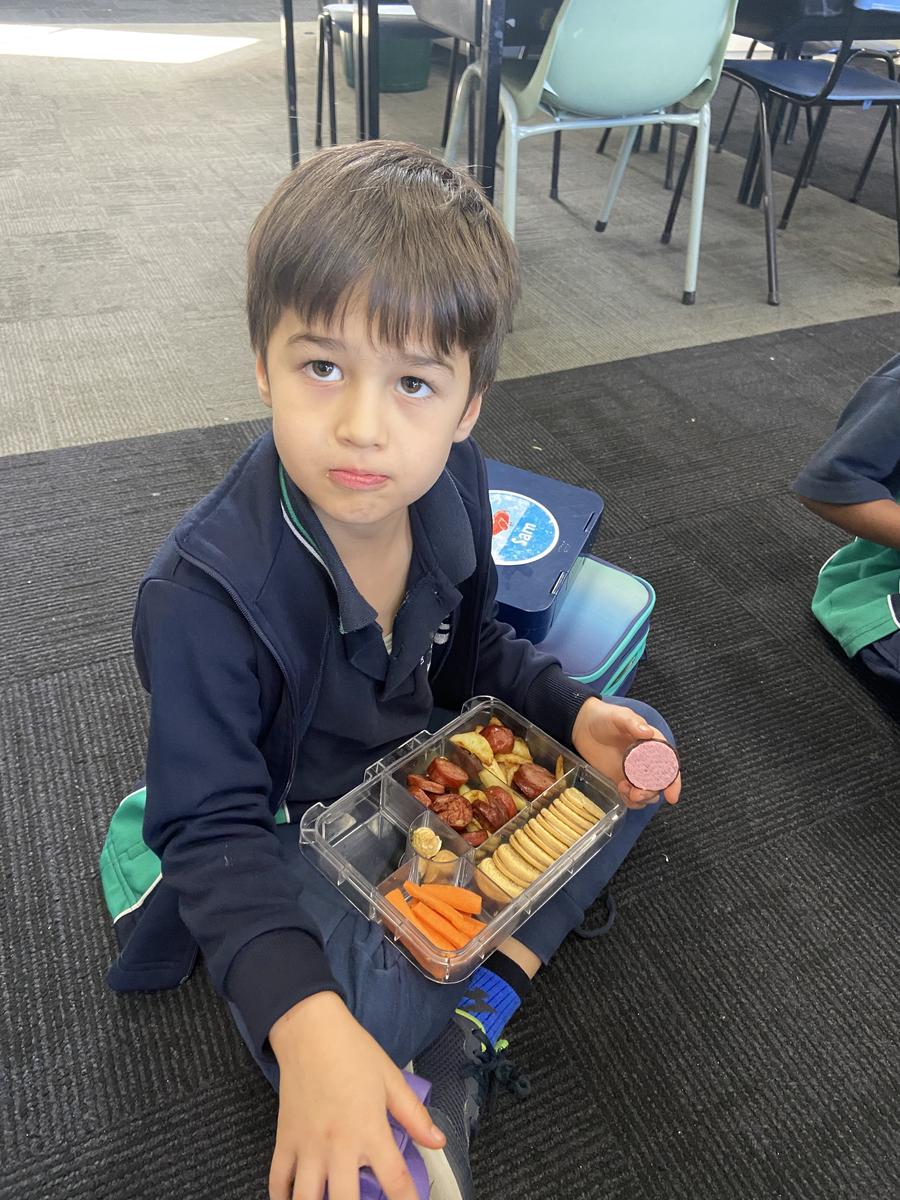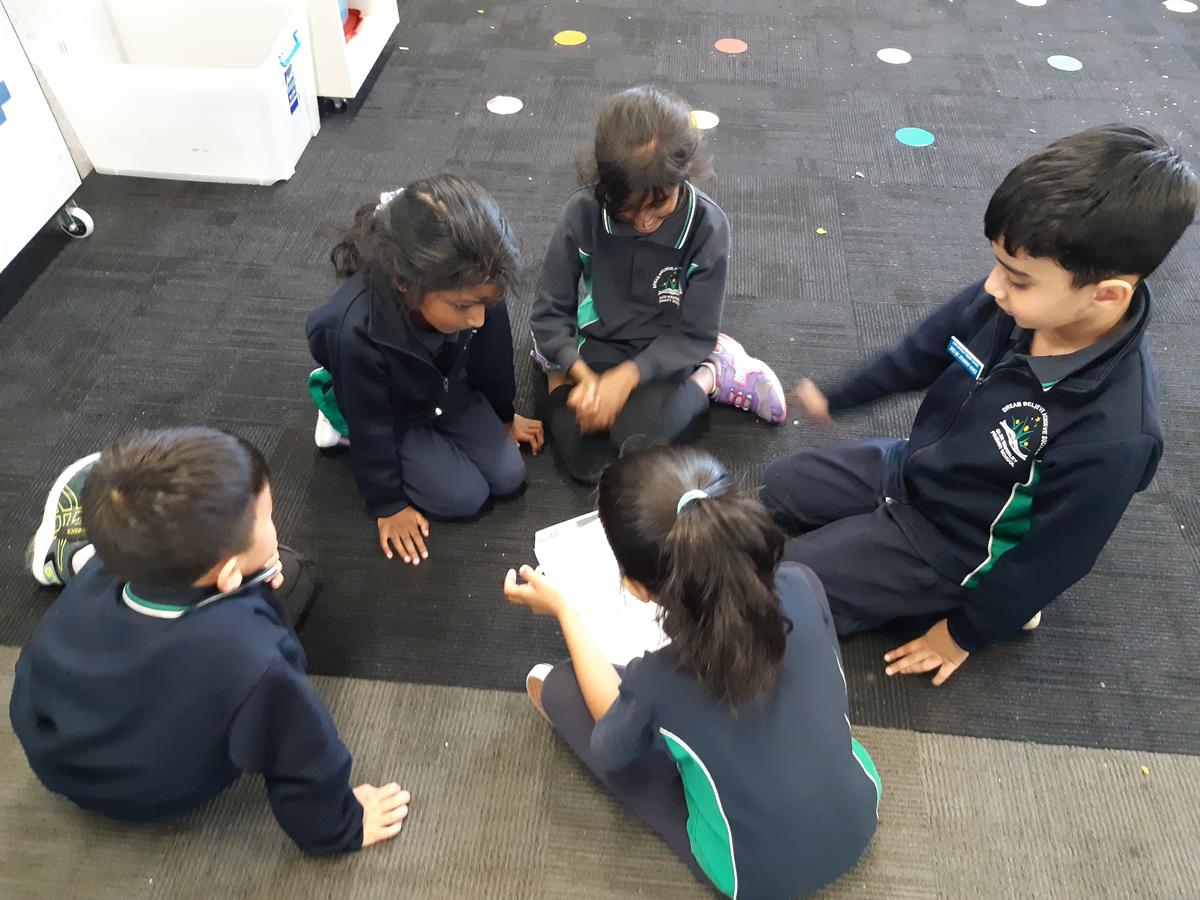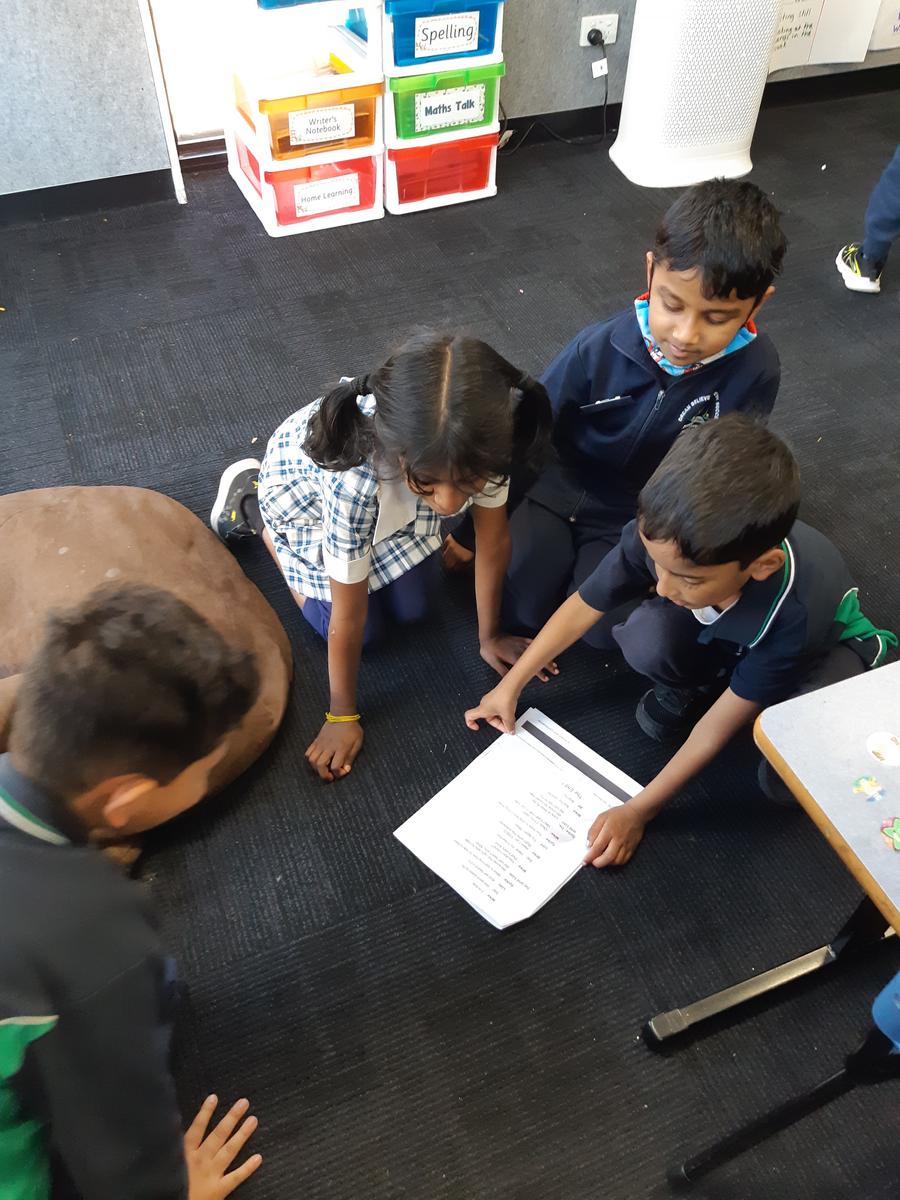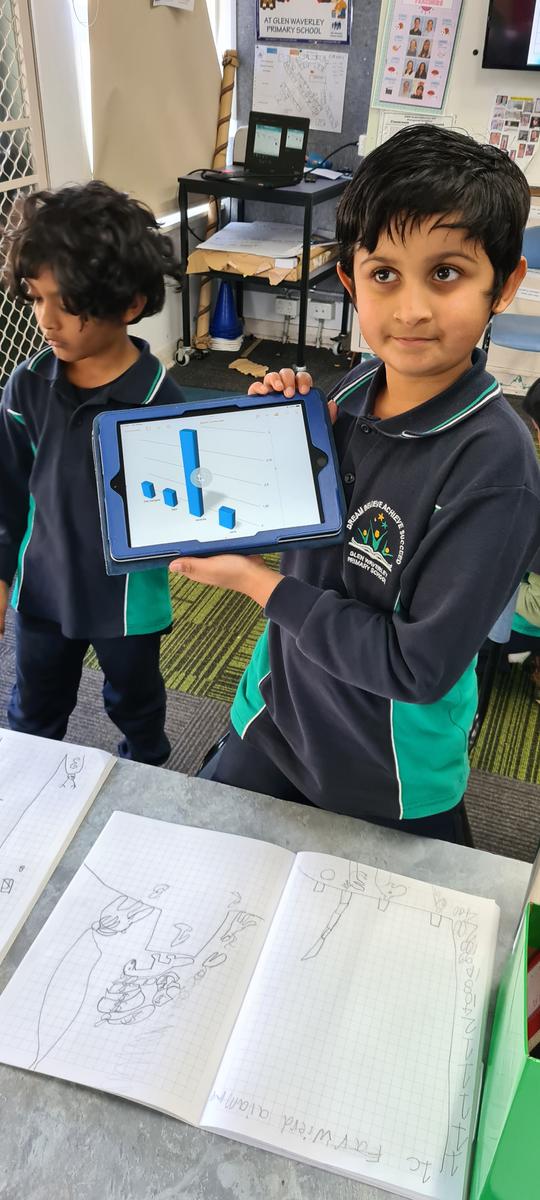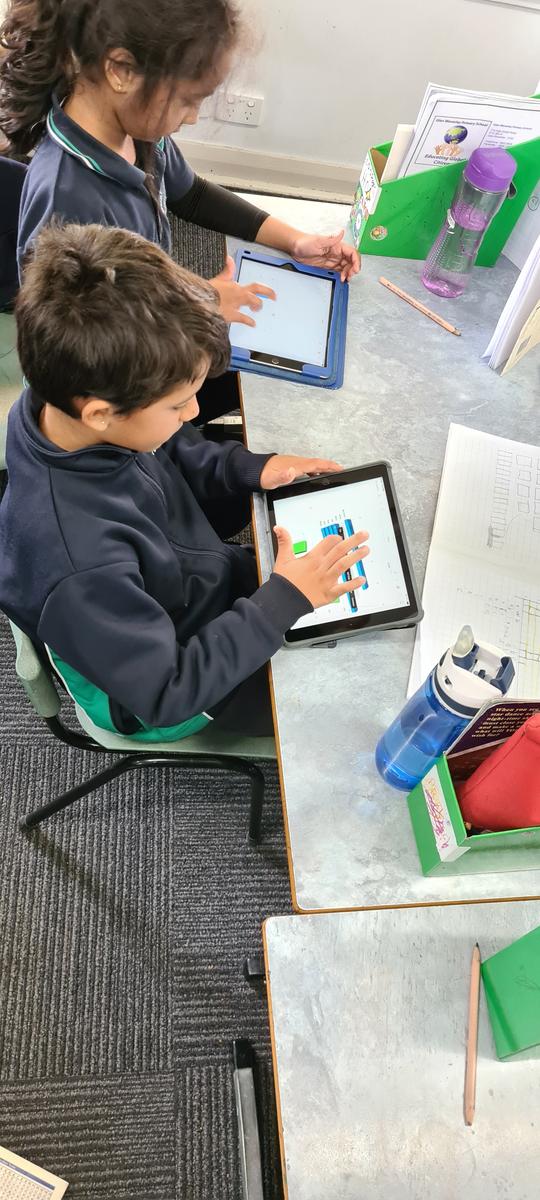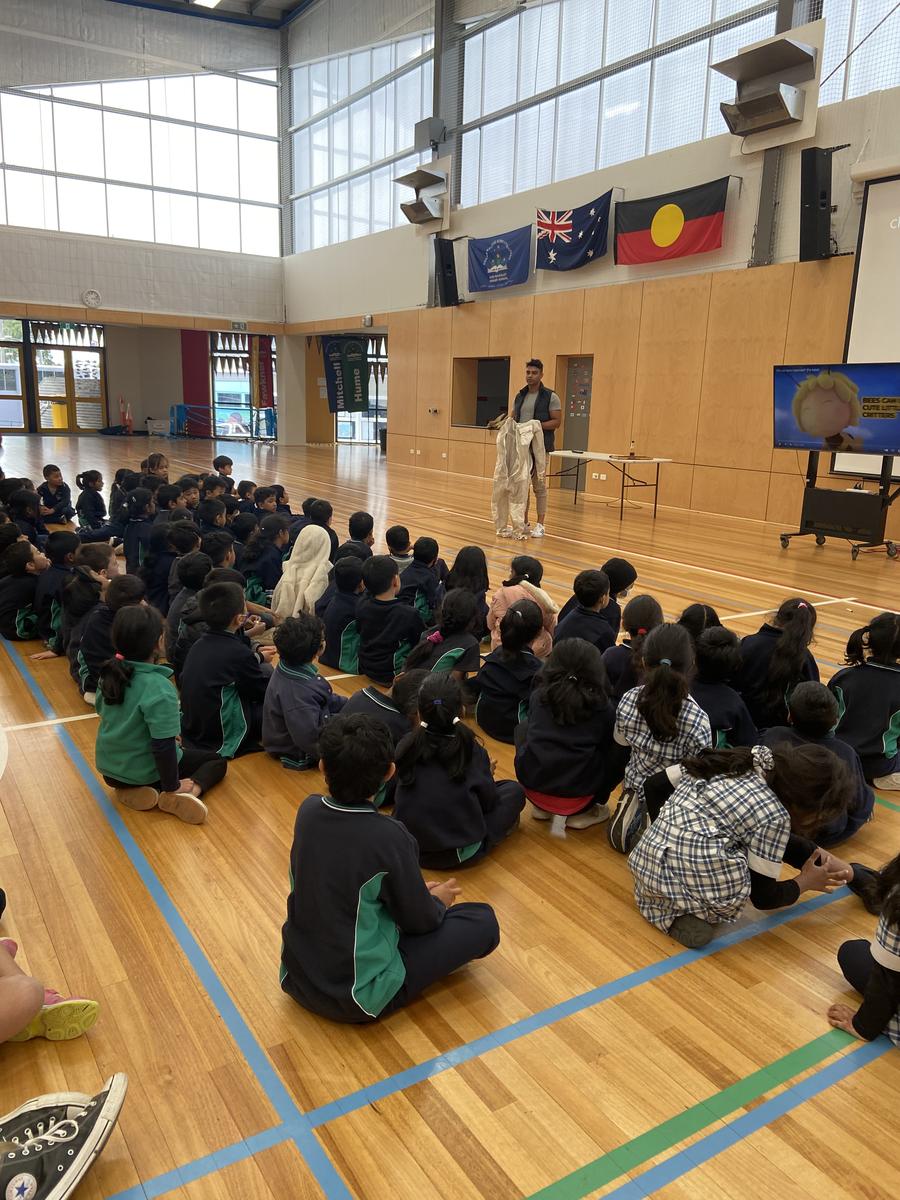Year One Term Two Newsletter
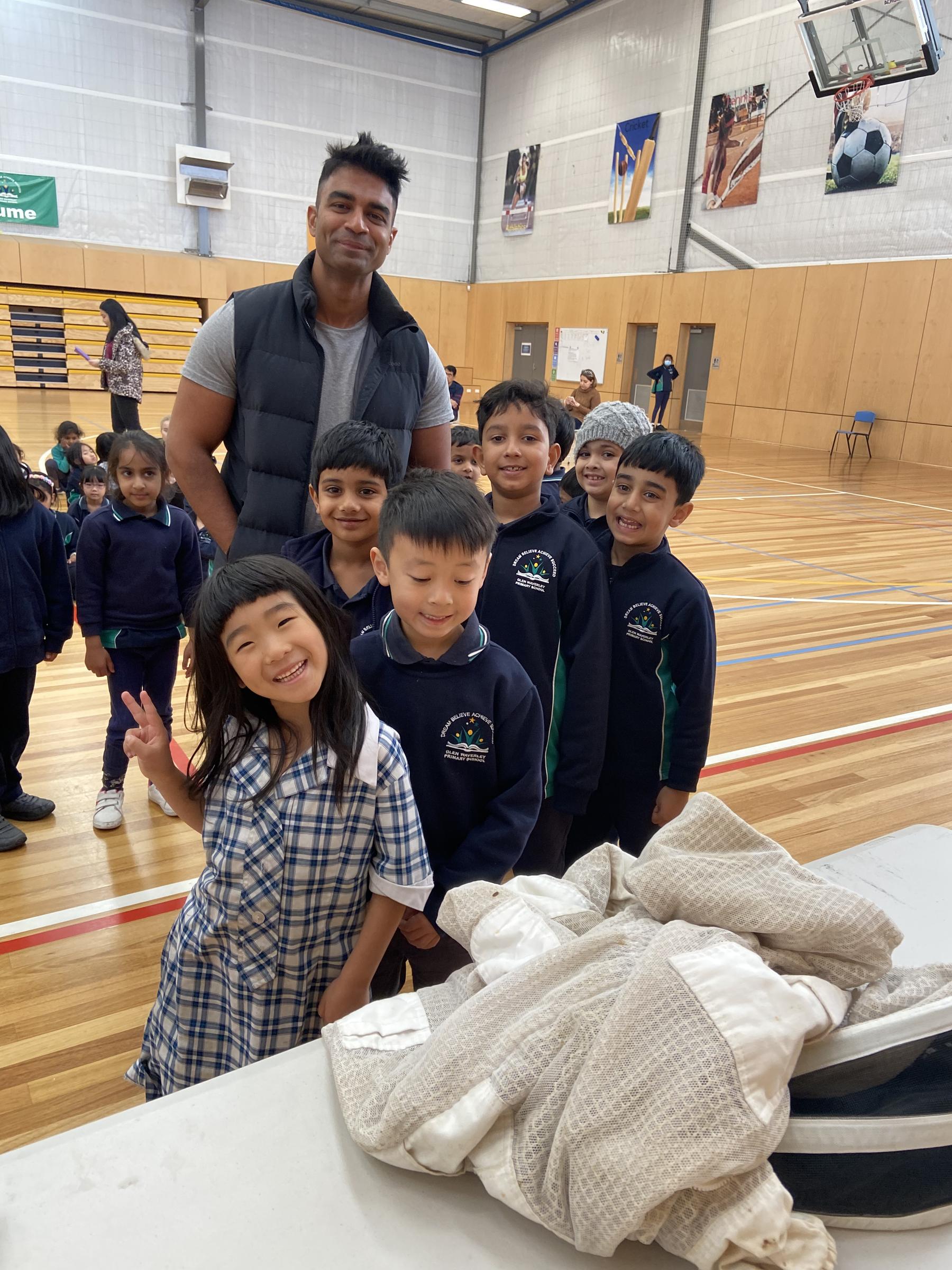
Welcome Back
Welcome Back to Term Two. We are extremely excited for another fantastic term of learning. The Level One Team, would like to take the opportunity to welcome the new families and students to our school. This term, students will undertake a range of experiences to enrich and deepen their learning across all curriculum areas. They will start off the term with an exciting incursion delivered by a Bee Keeper, to learn interesting information about Bees which will be a focus for Inquiry learning! We can’t wait. Additionally, students will continue to develop strategies in Literacy, Numeracy and You Can Do It.
YCDI
This term, the YCDI Curriculum will continue to assist students in developing problem-solving strategies to support their wellbeing. Getting Along, Confidence and Organisation will be the focus for the term, as students will be provided with opportunities to develop and build on their prior learning. Students will deepen their knowledge of the Learning Pit through identifying the emotions and internal self-talk that are encountered during each stage. Students will transfer this knowledge, alongside the ‘Catastrophe Scale’, to social situations which will assist them to solve challenging playground situations. Additionally, students will develop their understanding of how to utilise learning time by focusing on how successful transitions to maximise learning time.
How to support your child at home:
- When completing home learning, ask your child about where they are in the Learning Pit. What are they saying to themselves? What strategies can they apply?
- When completing home learning, how did you utlise your learning time? I.e get all my learning tools ready
- Ask your child about the Catastrophe Scale and refer to it at home situations to solve problems.
Reading
This term in Reading, Level One students will continue to apply CAFÉ strategies to develop Comprehension, Accuracy, Fluency and Expand their Vocabulary. Students will explore a range of goals to deepen their comprehension of information texts such as ‘Use text features’ and ‘Determine the author’s purpose’ . They will use key literary elements in nonfiction texts such as, a table of contents and index, to locate and navigate new information and facts to transfer into their own writing. Furthermore, students will make rich connections to Speaking and Listening as they explore play scripts. Throughout this term, students will be able to practice, rehearse and perform a variety of short plays focusing on key sound patterns that link to the spelling focuses. In small groups, students will build upon their oral language skills while working in a collaborative environment. They will explore strategies to effectively engage in conversations and discussions and use active listening while contributing ideas and questions throughout this process.
How to support your child at home:
- Eg. Read for 10 to 15mins with your child each night and ask them to tell you want happened in the book.
- Eg. Support your child to learn their personalised words
- Encourage your child to learn synonym and antonyms for personalised words
- Point out any nonfiction texts you may come across at home. I.e newspaper and documentaries. What key features help you find information?
- Ask your child to perform or rehearse their playscript for/with you.
Writing
As authors, students will develop their understanding of information texts on a range of topics. They will utilise key features such as: titles, subheadings, labelled diagrams, images and a table of contents to educate their reader. Students will set personalised VOICES goals which they will apply to information texts to deepen their understanding of language structures and features. Throughout the term, students will make connections to Inquiry by using topics as inspiration for their writing and transferring information learnt to create rich texts that are fulfilled with facts.
Spelling
This term, Spelling will include the explicit teaching of spelling generalisations and the introduction to new skills as part of the Spelling Inquiry process. Weekly lessons will provide students with the opportunity to select personalised spelling words for Home Learning. Students will be exposed to a range of spelling generalisations such as ‘bossy e’ which will assist them to transfer new vocabulary into their writing pieces. The aforementioned playscripts, will provide further opportunities for students to develop their understanding of ‘bossy e’. Spelling Inquiry will focus on how to: find a defection of a word and to find synonyms and antonyms which will enrich students’ understanding of the English language.
Speaking and Listening
Throughout this term, students will be able to practice, rehearse and perform a variety of short plays focusing on key sound patterns that link to the spelling focuses explored throughout this term. In small groups, students will build upon their oral language skills while working in a collaborative environment. They will explore strategies to effectively engage in conversations and discussions and use active listening while contributing ideas and questions throughout this process.
How to support your child at home:
- Eg. Read for 10 to 15mins with your child each night and ask them to tell you want happened in the book.
- Eg. Support your child to learn their personalised words
- Encourage your child to learn synonym and antonyms for personalised words
- Point out any nonfiction texts you may come across at home. I.e newspaper and documentaries.
- A point on public speaking or performance rehearsal could be a good fit here.
Mathematics
At the start of the term, learners will be focusing on the ‘Statistics and Data’ through a project based task. Students will learn how to, ‘Collect, organise, represent and interpret data’. This is a fundamental skill to develop students’ data and statistical knowledge, where they ask meaningful questions to gather data and investigate different ways to graphically represent it. Students will connect with buddie classes to compare data and create analytical statements.
Further into the term, students will be exploring and expanding on the concept of length, where they will have opportunities to use concrete materials to deepen and consolidate their understandings of formal and informal units of measurement. Additionally, students will utilise our whole school approach of SURF strategies, to develop their addition and subtraction skills. Number bonds, friends of ten, doubles and near doubles, partitioning and the jump strategy are essential strategies that will allow students to deepen their number skills. Students will explore how addition and subtraction are linked and how this helps us with our mathematical thinking.
How to support your child at home:
- Sort out any soft plastics into categories to link with our Inquiry topic. i.e cookies, chips, chocolate. How can they represent this as a graph?
- E.G. Inquisitive conversations of the height of different family members.
- Support your child to use informal units of measurement to measure things. i.e fingers, hands, feet.
- Support your child to use formal units of measurement such as rules, tape measure, etc
- E.G Discussing where addition and subtraction skills are used at home.
Inquiry
This term, students will be exploring the question, ‘How are living things impacted by our choices?’. They will develop their understanding of living and nonliving things and explore how human choices are impacting other living things’ lives. The students will be focusing on bees and the importance of bees in our world. Additionally, students will investigate how humans are making it harder for bees to do their jobs while also exploring how we can make better choices for our world to lessen our impact.
How to support your child at home:
- Eg- Ask them about Nude Food lunchboxes
- Eg.- Discuss how your local council helps its community to recycle
- Bees, flowers, what do they have in their gardens at home – there are lots of things that can be suggested to explore.

